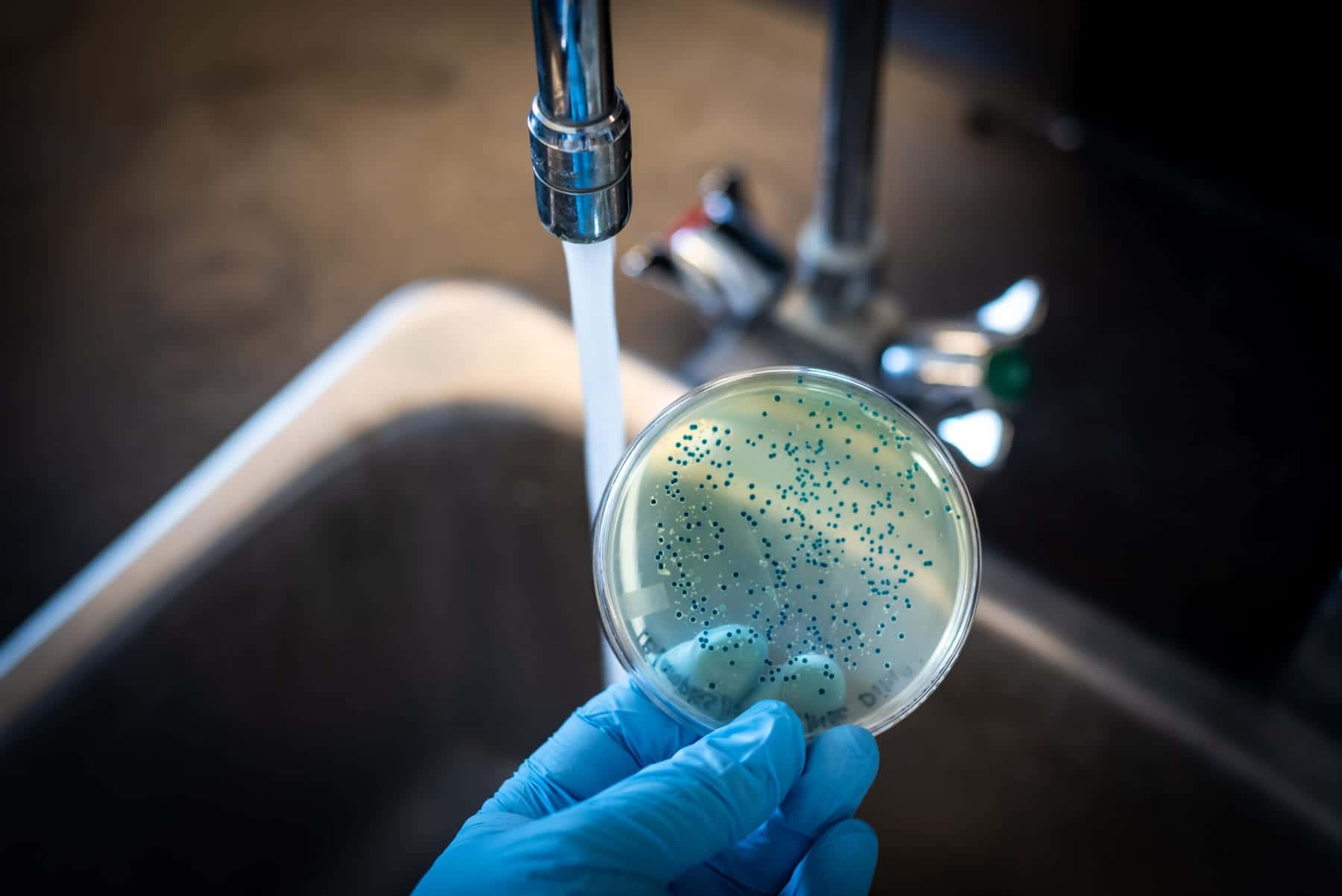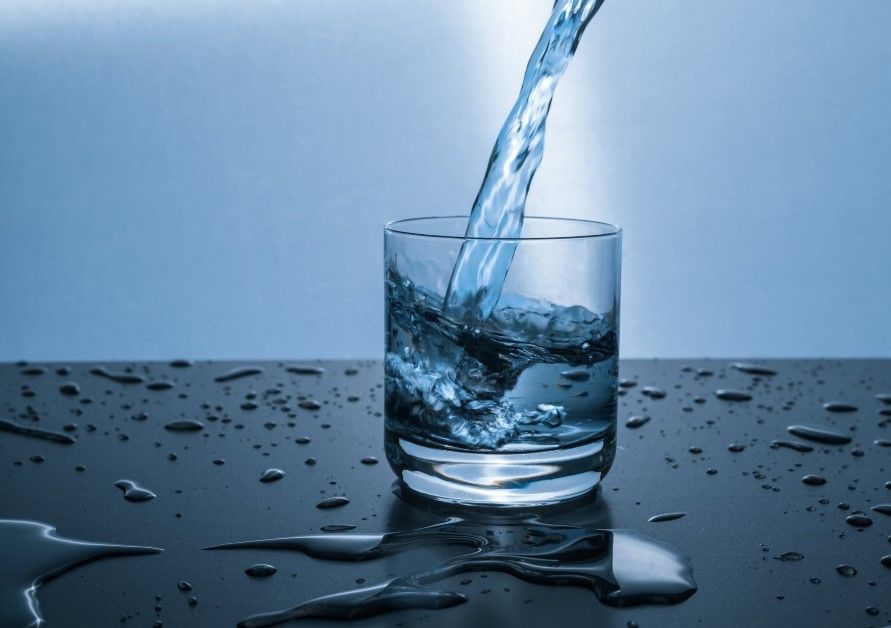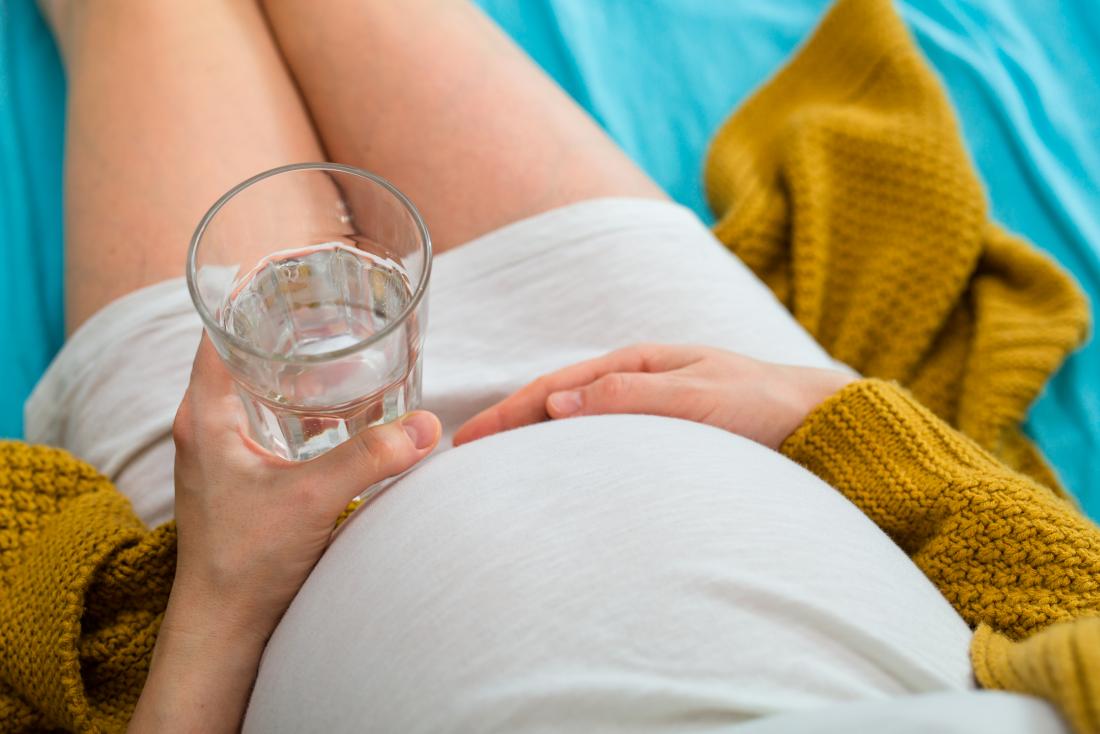The human body requires water to function optimally. Staying hydrated is crucial for good health. It is even more important to drink water when pregnant. An expectant mother should drink no less than ten(10) glasses of water every day.
While most pregnant women do all the right things, such as eating a balanced diet, they often overlook the importance of drinking water. But not just any water is good. You should drink filtered water for your own good and that of your unborn baby.
While water provides numerous benefits, water, especially from questionable sources or whose quality is not properly monitored, could contain numerous pollutants. Polluted water is unsafe for drinking. It is even more hazardous for pregnant moms.
If you are a pregnant woman, you should avoid drinking untreated water at all costs. While tap water is well regulated, investing in water filtration is the best option. An expectant mother should always drink clean and safe, filtered water. Filtering water eliminated most contaminants that are harmful to the human body and more so in pregnant women.
However, it is essential to do due diligence when choosing a filtration system. There are different types of filtration systems produced by different companies. Thus, to be on the safe side, you need to consider checking online reviews in reference to different systems. Learn more about these systems by checking reviews from different websites, for example, Cleaner Softer Water, and you will get to decide on the best system that will serve you best. Before buying any filtration system, you should also be aware of the different processing systems of filtrations. With that said, let’s check on why is it necessary for pregnant mothers to drink filtered water?
1. Filtered Water Doesn’t Contain Lead

Lead is one of the most toxic substances. The placenta allows the transfer of water, oxygen, and nutrients from the mother to the fetus. In the process, it can also allow toxins such as lead and mercury to pass. Exposure to lead during expectancy can cause lower IQ and reduced cognitive function. Also, it increases the chances of getting attention-related behavioral problems.
2. Water Filtering Eliminate Bacteria and Microorganisms

Unfiltered water may contain microorganisms such as bacteria that cause severe gastrointestinal problems. This illness can have detrimental effects on the health of expectant mothers whose immune system is low. Water filters remove potential cysts.
3. Free of Contaminants

Drinking water that is contaminated with pesticides, such as atrazine, can reduce fetal growth. Industrial chemicals increase the risk of pregnancy complications and miscarriage. Similarly, the intake of water with disinfection byproducts can increase the risk of congenital disabilities.
Nitrates and nitrites are also common in unfiltered water. These substances are linked with thyroid dysfunction which causes low IQ, Pregnancy complications, and neurodevelopment effects after birth. Metal contaminants such as arsenic also cause congenital disabilities, preterm births, and miscarriage. But note, filters remove chlorine and other harsh chemicals. Also, choline-free water has a better taste.
4. Reduces Risk of Infections

Staying hydrated prevents constipation, hemorrhoids, and infections. Water dissolves waste and channels it out from the kidneys. It also speeds up the movement of solid waste in the digestive tract. Here is another important point. Water also prevents discomfort.
If worse comes to worst you can always use hemorrhoid spray to solve the issue.
Dehydration can cause dizziness cramping and headaches. Staying hydrated is very important because dehydration, especially during the third trimester, can cause preterm labor. Water also disperses surplus heat and hence keeps the cooling system operating well. But that is not all. Accumulation of sodium can cause swelling of feet ankles among other problems. Water helps to get rid of excess sodium.
5. Transporting Nutrients

Water facilitates the transportation of nutrients, minerals, oxygen, and vitamins to the fetus. All these things are important in the developmental needs of a growing baby. Staying hydrated also ensures that you maintain an ideal level of amniotic fluids. This helps the fetal kidney to function properly.
Conclusion
Pregnant women should stay well hydrated. Drinking filtered water prevents the intake of chemicals such as mercury and lead that can harm the fetus. Also, water oxygenates body muscles and organs and hence reduces strain cramps. It also impacts the volume of amniotic fluid which protects the baby and helps in development. Low amniotic fluid can lead to miscarriage or congenital disabilities.
Pregnant women should not wait until she feels thirsty to drink water. You should aim to drink at least eight(8) to ten(10) glasses of water daily including several sips of water before sleeping. Lastly, it is prudent to eat hydrating foods such as fruits and vegetables. Taking natural supplements like Moringa Oliefera and other high-quality sources of nutrients can assist in the nutrient transport process as well.
Related readings
Alkaline Water: Benefits, Risks, and Latest Facts
What Makes Bottled Water Such a Rising and Impactful Issue Today?
Water channels used in filtration process seem to be great for long run

David Johnson is a versatile content writer known for his ability to breathe life into words and create engaging narratives on diverse subjects. With a passion for effective storytelling and a keen eye for detail, David crafts content that resonates with readers and sparks their curiosity. He is dedicated to delivering high-quality, informative, and enjoyable content, making him a respected voice in the digital landscape. Beyond the keyboard, David enjoys exploring the outdoors, immersing himself in literature, and finding inspiration in everyday experiences.






Loading…